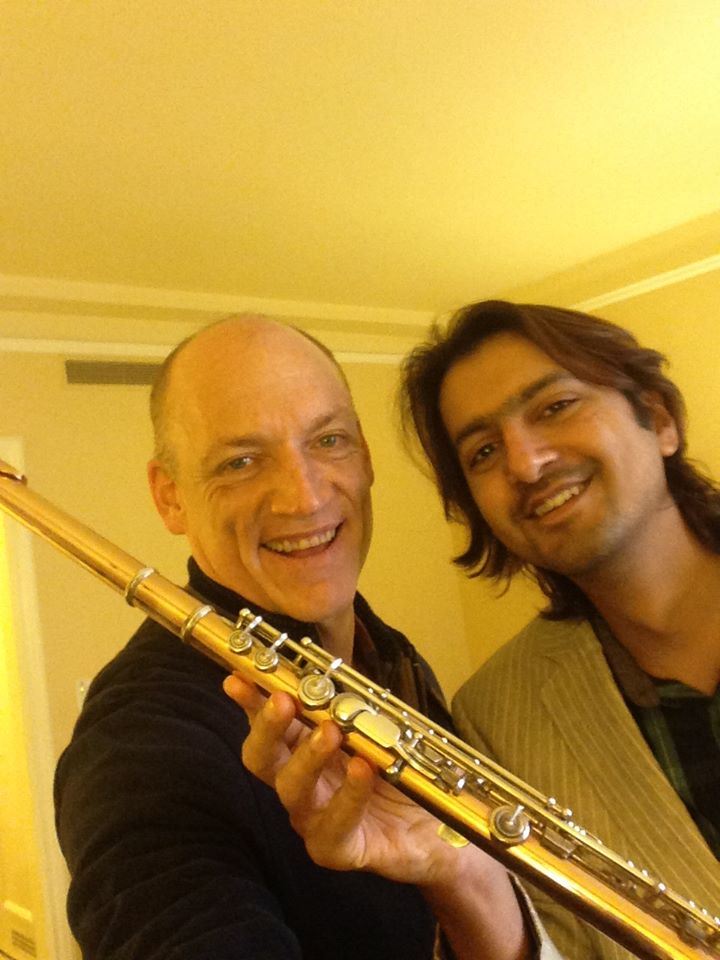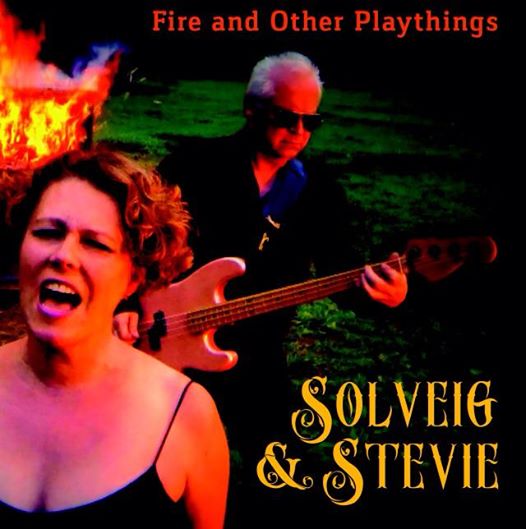Featured image by scottchan for freedigitalphotos.net
I began teaching a social media certificate class this month to 31 adults in downtown Seattle at the University of Washington’s Continuing Education Program. I’m really enjoying it – the students are enthusiastic and operating all at different levels of social media expertise and experience. Creating material for a three hour class on a weekly basis is no walk in the park, but I love it so far! It’s an exercise in visual, rigorous, accountable, consistent long form weekly content creation.
At the same time, I’ve also been working with some fabulous musicians as a marketing consultant, helping them develop their marketing plans, define their music career business goals, and then execute against those goals.
AND I’ve also been trying to keep up with the fast paced and ever changing worlds of both social media and music. Oh, and then there’s the new set of songs Stevie and I are working on for 2015 release.
I got to thinking a few weeks ago about how to distill down the things I see as vital for musicians – and any small business owner – to attend to as part of their social media for the coming year. [Tweet “Here is what I would tell you to do in 2015 if you were my client”] So here is what I would tell you to do in 2015 with your social media if you were my music marketing client:
- Understand your primary social media business goals. Don’t jump into social media just because you feel you “need to be on social media.” Are you promoting a new album release, an event or tour? Is your primary goal to increase followers or Likes? Or are you trying to get the attention of bloggers, press or industry influencers? Are you trying to win a music contest or raise money via Kickstarter or Pledgemusic or some other platform? Is your goal to promote coupons or discounts to encourage fans to buy your music or merchandise directly from your website? Your goals will help determine both what social media channels to focus on, and what kinds of activities (posts) to engage in. Set some reasonable, concrete, realistic, numerical social media goals for 6 months and for a year from now – goals with numbers and a timeline. It’s easy to get lost, sidetracked and overwhelmed in social media. If you’re not aiming at something, you won’t know if you’ve succeeded. [Tweet “It’s easy to get lost, sidetracked and overwhelmed in social media.”]
- Know who your target market is. What are the basic demographics (age, sex, location, artists they like) for your super fans? If you don’t have a big fan base, research the demographics of bands you consider your competition. I also wrote a blog post on identifying your super fan that includes some great online research tools.










